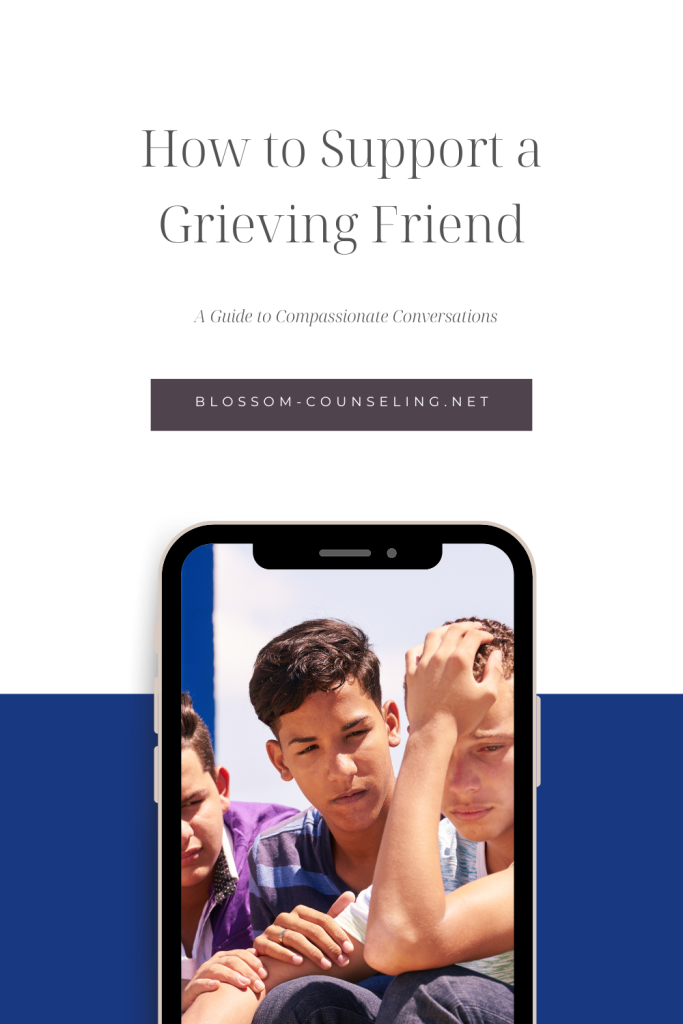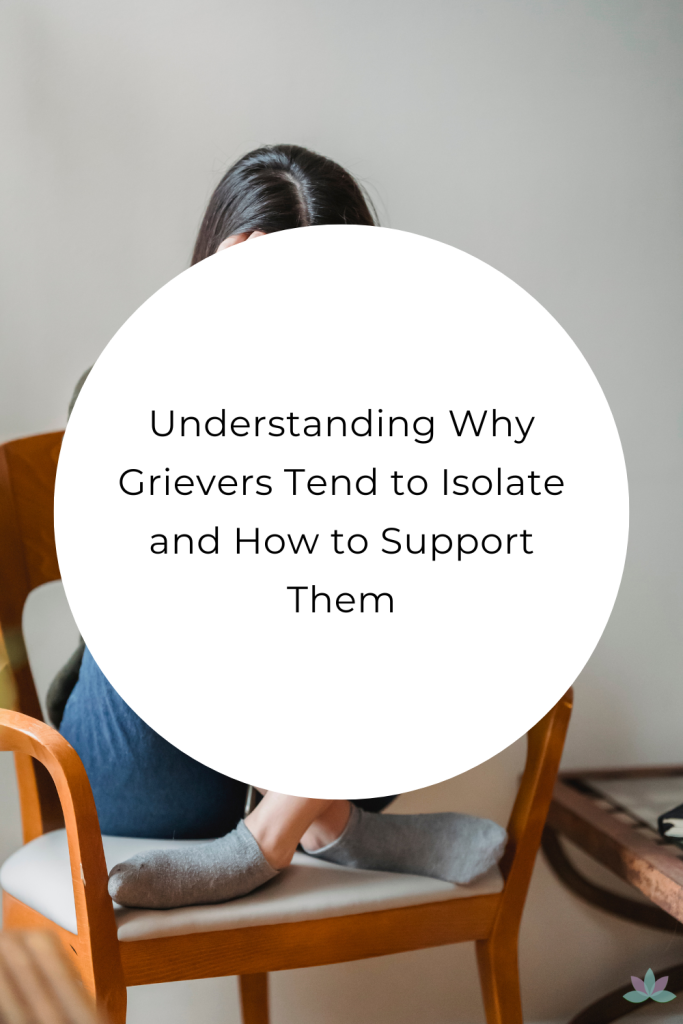Loss is a universal human experience, but when we think of grief, our minds often go straight to the loss of a loved one. While mourning the death of someone we care about is undoubtedly profound, it’s important to recognize that grief extends far beyond the boundaries of death. There are many types of losses that can deeply impact our emotional well-being, and understanding them can help us better navigate our feelings—or support others through theirs.
The Loss of Identity
Major life changes, such as losing a job, retiring, or transitioning to a new phase of life, can stir up feelings of grief. These losses often strip away pieces of our identity—like the sense of purpose or self-worth tied to our roles. A stay-at-home parent returning to work or a professional stepping into retirement might find themselves grappling with a disorienting sense of “Who am I now?”
This kind of loss may not be tangible, but it’s just as real. Adjusting to these shifts takes time, patience, and self-compassion.
Loss of Relationships
Not all relationships end with death. Divorce, breakups, or even the drifting apart of close friendships can feel like an emotional earthquake. You might find yourself grieving the person who was once part of your daily life, the shared memories, and even the future you envisioned together.
This type of grief is complex because, unlike death, the person may still be alive, making the loss harder to process or explain to others.
Loss of Health
When chronic illness or injury changes what our bodies can do, it’s natural to feel a sense of loss. We might grieve the version of ourselves that could run marathons, dance all night, or simply live without pain. Similarly, mental health struggles can create a sense of mourning for the self we once knew or wish we could be.
Acknowledging this grief is an important step in learning how to live in our new normal.
Loss of Stability
Sometimes, loss is tied to safety and security. This can happen during financial struggles, the aftermath of natural disasters, or the uprooting of your life due to moving or immigration. Losing a sense of stability or a place that feels like “home” can leave you feeling untethered and anxious.
This type of loss can be especially difficult because it often requires rebuilding not only your physical surroundings but also your sense of trust and control.
Ambiguous Loss
One of the most challenging types of grief is ambiguous loss—when there’s no clear closure or resolution. This can happen with estranged family members, partners who are emotionally distant, or even when a loved one has dementia. The loss is ongoing, undefined, and often invisible to others, making it harder to validate or process.
Collective Loss
On a broader scale, people experience collective loss—grieving over shared societal or global changes. The pandemic, for example, brought widespread grief as people lost jobs, routines, milestones, and even their sense of normalcy. These losses are often compounded by isolation, making them feel overwhelming and misunderstood.
Grief is as diverse as the people who experience it. Loss, in all its forms, deserves acknowledgment and compassion. By understanding that grief isn’t limited to death, we can give ourselves permission to process and heal from the many types of loss we encounter in life. Remember, what you feel is valid, even if it doesn’t fit neatly into society’s traditional narratives of grief.
Our team of compassionate therapists is here to help you find the support you need. We believe in a holistic approach, treating your mind, body, and spirit. With a blend of traditional and alternative therapies, we tailor your experience to meet your unique needs. At Blossom, we create a non-judgmental space where you can be your authentic self. Our goal is to empower you, amplify your strengths, and help you create lasting change. Together, we’ll navigate life’s challenges and help you bloom, grow, blossom! You deserve to become the best version of you.




